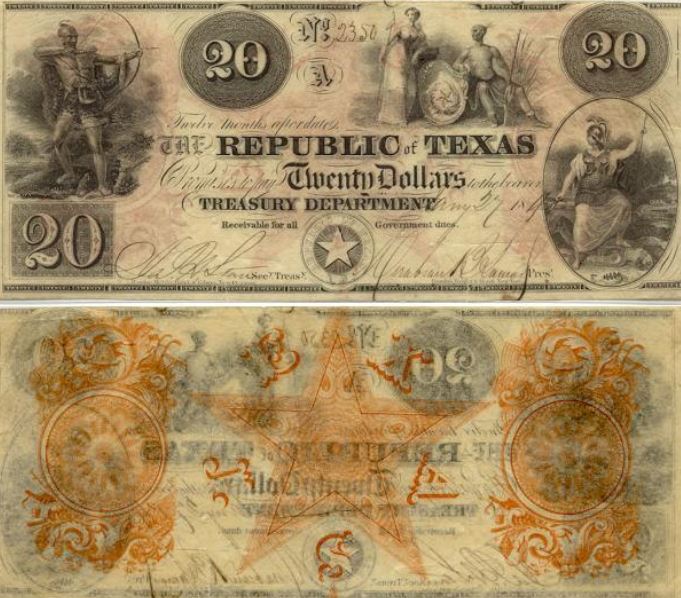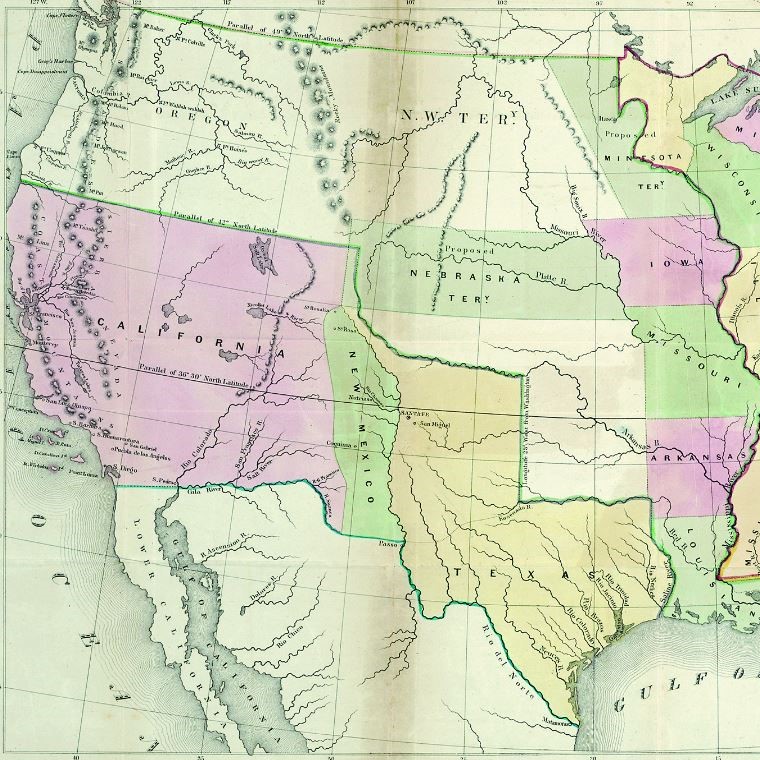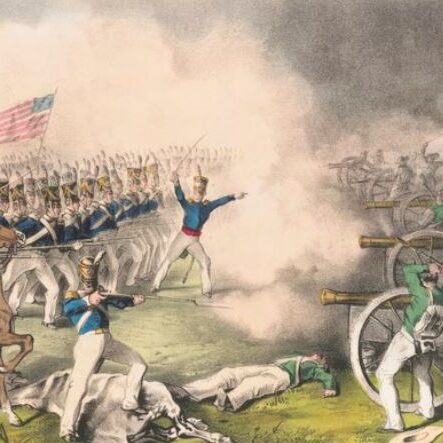When the Republic of Texas broke away from Mexico and declared independence in 1836, it sparked intense interest and involvement from the British Empire – the world’s pre-eminent power at the time.
While Britain did not seek to acquire or colonize the former Mexican territory, it had significant motivations for preferring that Texas remain an independent nation rather than being annexed by its rapidly expanding rival, the United States.
Read on to uncover the political machinations and power dynamics that made the question of Texas independence a focused priority for the British Empire.
1. Protecting Economic and Financial Interests
As a great trading nation, Britain had substantial economic equities tied to the Texas situation.
Economic Debt
British bondholders had lent around $millions to Mexico, and feared not being repaid if the breakaway Texas province was not recovered by Mexican authorities.
The around $50 million in Mexican debt held by British bondholders was an immense sum at the time. If Mexico permanently lost control of the Texas territory after its revolt, there were grave concerns that the new Texas Republic would not feel beholden to repaying those debts to British creditors.
For British financial institutions and investors heavily exposed to these Mexican bonds, avoiding annexation by facilitating an independent Texas became a economic necessity to ensure they wouldn’t be saddled with defaults and losses.
Cotton Trade with Texas
More broadly, Britain’s merchants depended heavily on exports to and trade with Mexico as well as other Latin American markets. They worried that U.S. annexation of Texas could jeopardize these commercial ties and interests in the region.
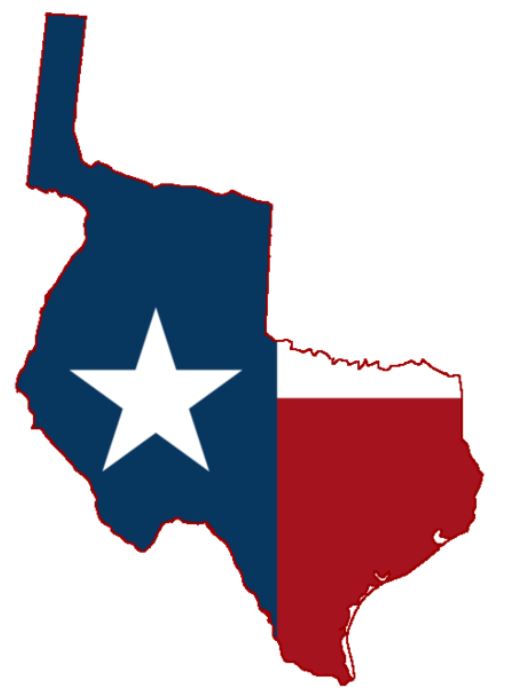
Britain’s important textile industry that was centered in Lancashire relied heavily on cotton imports, with the American South being a principal supplier that could dictate prices.
While cotton from the US slave states was a necessity, its monopoly also forced British industrialists to pay exorbitant prices that squeezed their profit margins.
The prospect of an independent Texas republic becoming a new cotton supplier offered a potential counterweight to the American monopoly. By playing the interests of British textile tycoons in Lancashire and American plantation oligarchs off each other, Britain could ultimately leverage lower cotton prices overall.
An independent Texas represented an opportunity for new sources of cotton to emerge that could compete with and diminish the South’s stranglehold.
Safeguarding Latin American Trade
More broadly, Britain’s entire economic trade with Latin America could be affected by potential US annexation of Texas. The merchant and trading classes feared it would give America an overpowering position in the Gulf of Mexico region.
This could allow the United States to bully or block access to markets that the British Empire had cultivated through decades of investment and commercial relations with nations like Mexico.
Preserving an independent Texas was seen as a way to prevent American economic strangulation of the region.
2. Checking U.S. Territorial Expansion
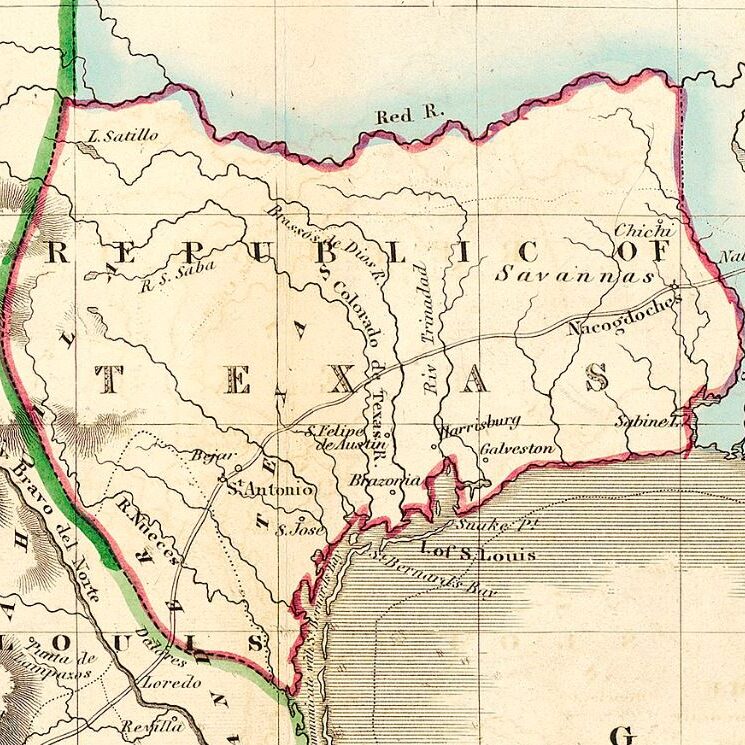
Perhaps Britain’s paramount concern was the geopolitical implications of U.S. annexation of Texas.
From London’s vantage point, this represented the latest phase of America’s continental expansionism stemming from its “Manifest Destiny” beliefs.
British statesmen feared this could tilt the global balance of power toward the upstart United States.
Further U.S. growth in territory, population and economic clout could potentially eclipse Britain’s long-standing dominance. This suspicion was compounded by moves like the Louisiana Purchase in 1803 and observations of American immigrants and adventurers meddling in territories like Spanish Florida and Mexican Texas.
The vast lands could rapidly translate into an economic and population boom for the United States. Possessing the vast Texas region would only expand America’s tax base and resources.
This could in turn generate a massive war chest and pool of martial resources for the Americans to begin severely undercutting British influence and presence across its empire.
Maintaining Regional Influence
Taking a broader perspective, elements within Britain viewed an independent Texas republic as a bulwark against unchecked U.S. regional dominance and influence.
Some officials proposed backing Texas as a “buffer” state that could constrain American power in conjunction with Mexico.
Through close economic and political ties, a sovereign Texas could remain oriented toward British rather than U.S. interests.
This dovetailed with long-standing British policies of cultivating relations with regional powers like Mexico that could serve as counterweights against rivals like the United States or other European empires from gaining too great a foothold in strategic areas like the Gulf of Mexico.
An independent, British-aligned Texas could help uphold this balance of power in the all-important Western Hemisphere sphere of influence.
While the general British public was largely ambivalent toward the Texas situation initially, core government, business and moral interests compelled London to take a stance opposing U.S. annexation.
3. British Abolitionism: A Global Leader
During the 19th century, Britain emerged as a beacon of abolitionism, spearheading efforts to eradicate the institution of slavery worldwide.
In 1833, the historic Abolition of Slavery Act marked a monumental step, abolishing slavery throughout the British Empire. This decisive move positioned Britain as a global leader in the fight against slavery, earning admiration and respect from abolitionists worldwide.
Diplomatic Agreements and Anti-Slavery Stance
British diplomats actively engaged in securing anti-slavery agreements with various nations, including Mexico.
These diplomatic efforts aimed to promote the abolitionist cause and prevent the spread of slavery into new territories.
For Britain, upholding anti-slavery agreements was not merely a matter of diplomatic protocol but a moral imperative rooted in its commitment to justice and human rights.
Texas and the Threat of Slavery Expansion
The annexation of Texas by the United States posed a significant concern for British abolitionists.
When the Republic of Texas legalized slavery, alarm bells rang among British abolitionists, fearing that annexation by the slave-owning U.S. would perpetuate and spread the “peculiar institution” into new territories.
This prospect deeply troubled British abolitionists, who viewed the expansion of slavery as a grave threat to human dignity and freedom.
Thomas Buxton and Voices of Opposition
Eminent figures like Thomas Buxton were at the forefront of British opposition to the annexation of Texas. Buxton, a prominent abolitionist and Member of Parliament, warned of the “calamity” that would ensue if Texas became another slaving state under U.S. control.
Buxton’s impassioned advocacy against the spread of slavery reflected the broader sentiment among British abolitionists, who saw the annexation of Texas as a regressive step undermining decades of progress in the fight against slavery.
Moral Authority and Reversal of Progress
In an era when Britain projected its moral authority worldwide, the official sanction of slavery in Texas was perceived as an abhorrent reversal of progress.
The British Empire had taken bold strides in dismantling the institution of slavery within its borders and promoting abolitionism internationally.
The annexation of Texas threatened to undermine these efforts, casting a shadow over Britain’s moral standing and commitment to human rights.
British opposition to the annexation of Texas was deeply rooted in its staunch abolitionist stance and commitment to human rights.
Further Reading
If you enjoyed this article, you may be interested to read more about the Mexican-American War or Texas history.

